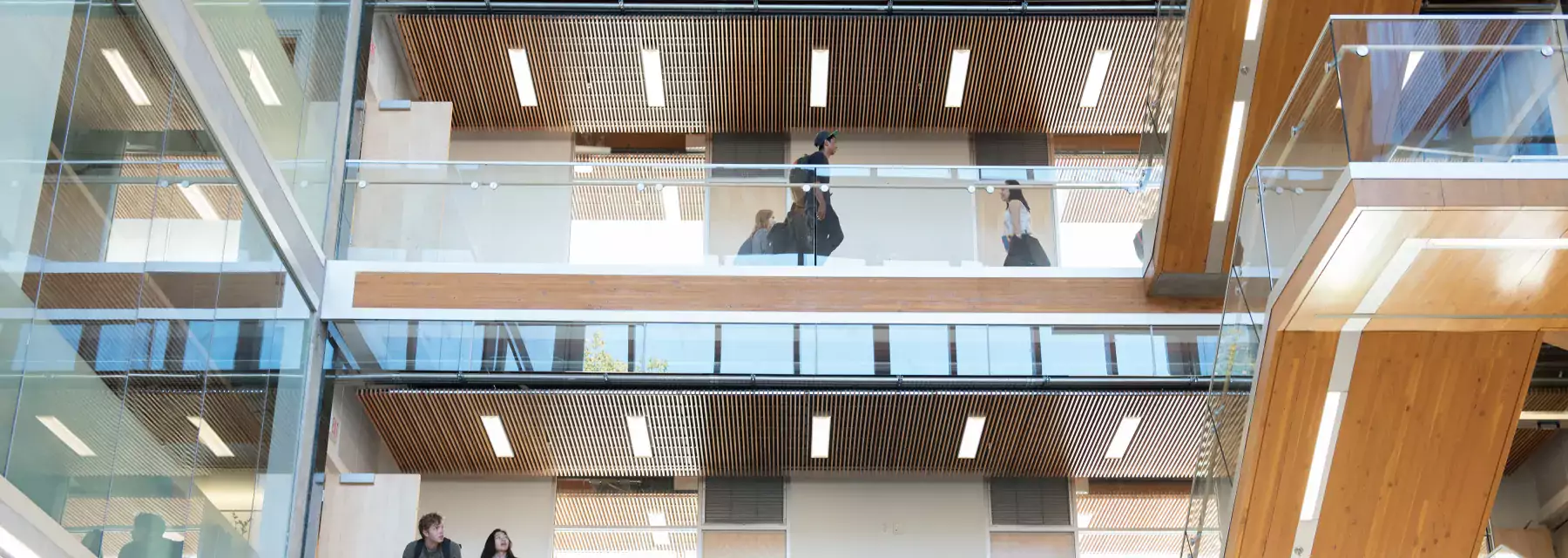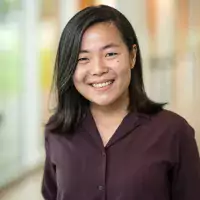
Reiko Okamoto
MDS Vancouver, Class of 2020
Before Reiko Okamoto entered the UBC Master of Data Science program, she was pursuing a Master’s of Science in Public Health at Lund University in Sweden. It was during this program where her interest in data science was first sparked.
“In one class, students were instructed to conduct a literature review on a topic related to public health [and] I chose to write about the challenges and opportunities in the implementation of data science techniques in healthcare. A few days after I submitted the assignment, I attended a Meetup event on the application of machine learning to biomedical imaging and diagnostics. As I sat in the audience listening to the keynote speaker, I realized that I wanted to pursue a career in data science,” said Okamoto.
It was that moment where Okamoto decided to switch her studies from public health to data science.
“The graduate program I was enrolled in at the time didn’t have the option to incorporate courses in programming or machine learning into my degree,” she added.
So in her free time, Okamoto began taking some online courses but soon realized that she didn’t enjoy completing bite-sized exercises without receiving any personalized feedback. This led Okamoto to start researching programs back in Canada that included the Integrated Computer Science undergraduate program at UBC, the Master of Applied Computer Science program at Dalhousie University and UBC’s Master of Data Science (MDS) program.
Okamoto ultimately chose the UBC MDS program because of the 10-month duration.
“The MDS program concisely covers a broad range of topics in data science [and] I appreciated how the capstone project guaranteed industry experience without the hassle of finding a co-op placement,” she explained.
The most beneficial thing that Okamoto found about the MDS program is it has expanded her analytical toolbox and helped her gain the technical skills to solve problems in different fields. In addition, MDS has allowed her to build connections not only with her classmates and instructors but also MDS alumni and capstone partners.
Just before starting the MDS program, Okamoto took some free online courses that primarily focused on how to code in Python and use popular packages. “I also watched a few linear algebra videos on YouTube and reread my notes from the introductory statistics course I took in my undergrad.
As well, she felt her undergrad degree helped prepare her for the MDS workload.
With the intensity of the program, Okamoto relaxes by going for a run, playing the bass and baking, which she swears she has been doing prior to the pandemic.
If there was one thing Okamoto would tell potential students looking at the UBC MDS program is attend (virtual) job fairs and Meetup events related to data science.
“I attended a few of them to get a sense of what types of companies needed data scientists and what kinds of skills were in demand,” she added.
As the program concludes, Okamoto hopes to utilize her MDS degree into a position that would allow her to respond to the ongoing pandemic through combining her knowledge of immunology with her newly acquired data science skill set.
As well, as a reusable coffee cup and public transit enthusiast, Okamoto would also be interested in work that would allow her to contribute to a more sustainable future.
UPDATE: Since this profile was published, Okamoto worked as a Senior Data Analyst within the Population Health Surveillance & Epidemiology Unit, part of the Office of the Provincial Health Officer at the B.C. Ministry of Health and is now a Research Council Officer with the National Research Council Canada.
Reiko’s Top 3 Tips on Succeeding in the MDS Program:
- Get to know your classmates by talking to them outside of class! People have great stories to share.
- Take a look at your assignment before the lab! I found it helpful going into the lab having at least skimmed through the assignment, so I knew what I was getting myself into. It also helps to come prepared with a list of questions to ask your lab instructor or TAs.
- Watch out for eye strain! While I was in the program, I spent a lot of time in front of screens. Whether it’s hitting up your optometrist or enabling the blue light filter on your devices, remember to take good care of your eyes.
